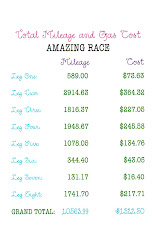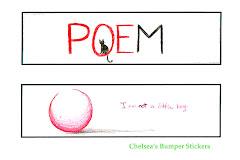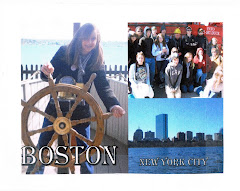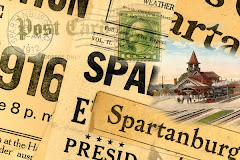 On the literary map, travel from Milledgeville to Atlanta, Georgia.
On the literary map, travel from Milledgeville to Atlanta, Georgia.Calculate:
# _____________ Miles to Atlanta, Georgia
$ _____________ Cost for Gasoline to Atlanta, Georgia
Visit James Dickey at www.Poets.org and fill-in-the-blanks.
"James Dickey was born in _________________, a suburb of Atlanta, on February 2, 1923. His interest in poetry was awakened by his father, a lawyer who used to read his son famous speeches. As a boy Dickey read Byron, and later, a volume of Byron's poetry was the the young poet's first purchase. Already tall—six feet three inches—as a boy, he became a high school football star, eventually becoming a varsity player at _________________in South Carolina. In 1942, Dickey left school to enlist in the U.S. Air Force. In between combat missions in the Pacific, he read Conrad Aiken and an anthology of modern poetry by Louis Untermeyer, and developed a taste for the apocalyptic poets, including ___________and Kenneth Patchen."
"When he returned from the war, Dickey enrolled in Vanderbilt University in Tennessee, where he studied anthropology, astronomy, philosophy, and foreign languages, as well as English literature. Encouraged to ____________, Dickey spent his senior year focusing on his craft, and eventually had a poem published in the Sewanee Review. Determined to write, he pursued graduate work, first at Vanderbilt, then at Rice University in Houston, Texas."
"The Air Force recalled Dickey to train officers for the ______________. On his return he took a position with the University of Florida, though he resigned in April 1956, discouraged by the institutional nature of teaching."
"At the age of thirty-three, Dickey moved to New York, where he was hired to __________copy at the prominent McCann-Ericson agency. He stayed in New York for several years before moving to Atlanta agencies."
"In 1960, Dickey's first collection, ________________, was published, and he soon abandoned his lucrative career to devote his life to poetry fulltime. In 1961, he accepted a Guggenheim Fellowship and spent a year in Italy with his family. Two of his most famous volumes of verse, ____________(1964) and ________________________(1965)—for which he was awarded both the Melville Cane Award and National Book Award—were published soon after. Dickey then taught, lectured, and wrote."
"'I came to poetry with no particular qualifications,' Dickey stated in Howard Nemerov's Poets on Poetry. 'I had begun to suspect, however, that there _______________________buried in every human being like Ariel in his tree, and that the people whom we are pleased to call poets are only those who have ______________________________________its prison.'"
"Applauded for their ambitious experimentation with __________ and __________, Dickey's poems address humanity and violence by presenting the _____________s of humans and animals as antithetical to the __________________________."
"From 1966 to 1968, Dickey held the position of Poetry Consultant to the Library of Congress, an office that would later become the Poet Laureate...In 1970, he penned his best-selling novel, __________________________. The book, which was later made into a major motion picture, exposed readers to scenes of violence and nightmarish horror, much as his poetry had done. Though the novel was well-received, Dickey remained devoted to _______________. "
"'Poetry is, I think, the highest medium _______________________________,' he asserted in a 1981 interview. 'It's language itself, which is a miraculous medium which makes everything else that man has ever done possible.'"
"By the end of his life, Dickey had gained fame for his poems and stories of the South and recognition for his Renaissance lifestyle. A _________________________________hero, James Dickey died in ______________ after a long illness in 1997."
READ: "Falling" or "Hunting Civil War Relics"



















